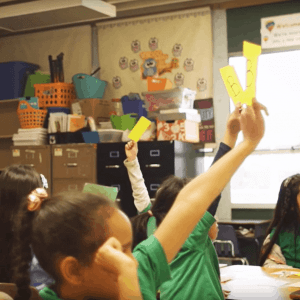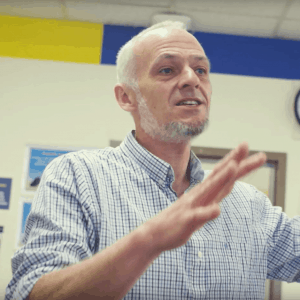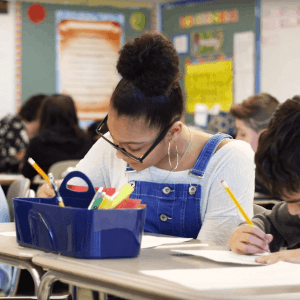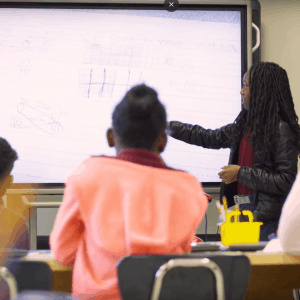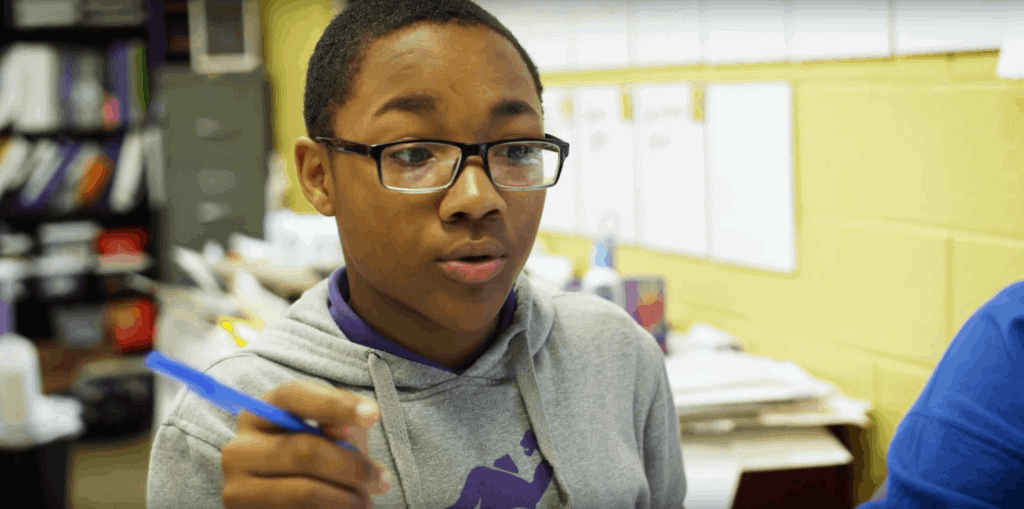
Using Elaboration to Help Students Draw from Experiences
02/17/2020
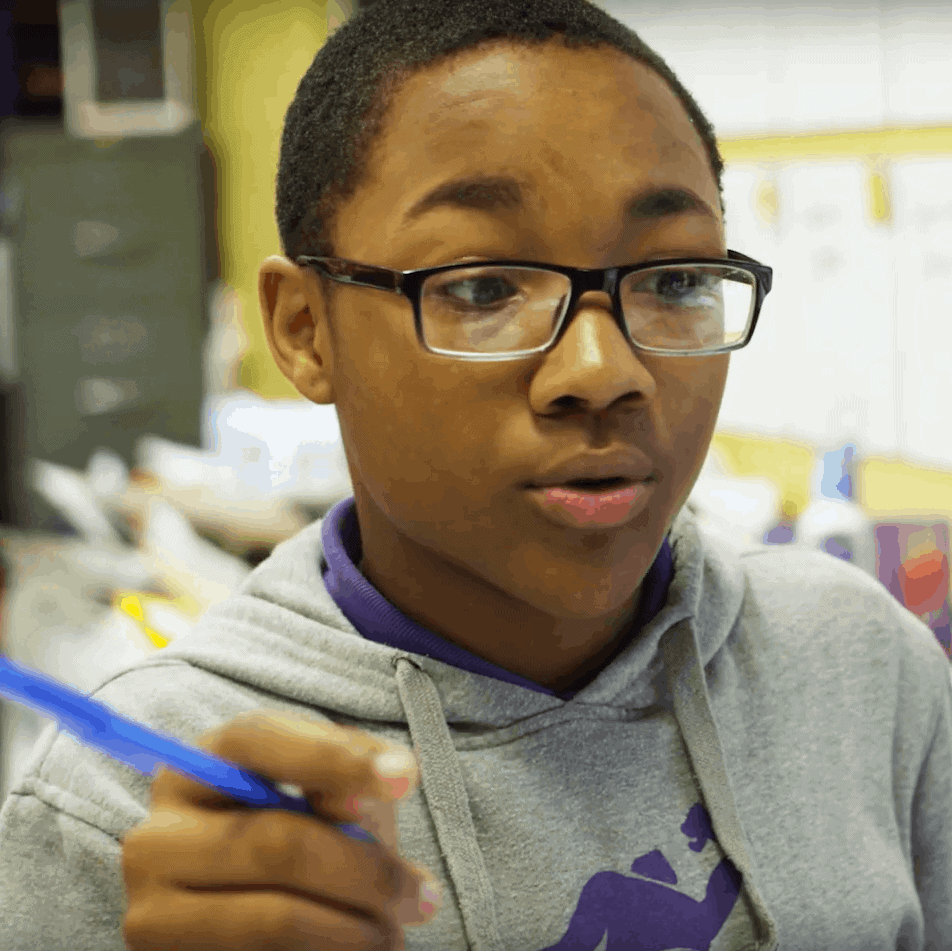
Elaboration is Expanding Upon Ideas to Make Connections
[Students] see some of those same [math concepts] happening in their music classes. So, they are able to relate what I’m doing in my class to other classes, and it clicks so much more,” says Ms. Tatiyana Webb, a math teacher at Soulsville Charter School in Shelby County, Tennessee.
We know that when teachers can build on something students already know, that context can help them learn and understand a related concept. Many teachers already do this in their planning. What can the research tell us about the best ways to “elaborate”, or make connections to other ideas, concepts, experiences or prior knowledge?
Dr. Stephen Chew, a learning scientist at the Learning Agency, worked with Ms. Webb and peer teachers to apply elaboration strategies in their classrooms. He explains,
Elaboration refers to basically making meaningful associations to a particular concept. So, thinking about what other concepts are related to it, thinking about your prior experience instead of just rote memorization. Elaboration increases the number of ways of accessing information.”
Some common strategies include relating prior knowledge to a new lesson or relating new concepts to knowledge students bring into the classroom. “How” and “why” questions can prompt meaning-making. When teaching a lesson about convection currents, Ms. Jesse Finnafrock asks, “We’ve been reviewing convection currents this week. Somebody get me started. What do we know about convection currents?”
Time was a challenge, particularly when the discussion would run long. So, the teachers adjusted by trying out digital workbooks, changing how they quiz to ask students to recall prior and related knowledge, and using paired conversations.
“I’ve seen a lot more growth with the students being able to articulate their thinking, and just also take risks with explaining things whether it’s right or wrong,” shares Ms. Webb. Ms. Sanam Cotton agrees. “Kids really become invested in things. Elaboration ends up sparking a good amount of inquiry in students if they don’t already have it.”
See Elaboration in Action
Reflect
- How might you leverage elaboration as a tool for deeper learning?
- What next steps can you take in the next week?
- How will you reflect on changes in student engagement and learning to inform future lessons?
This is the final installment in a series of pieces from Leading Educators and the Learning Agency about opportunities to use strategies from the science of learning in diverse contexts to boost students’ learning. There are often barriers to bringing research back to the classroom where it can benefit students the most, so this series shares learnings from collaborating with real educators to make the science of learning work for them and the students they serve. You can read the previous installment here.



